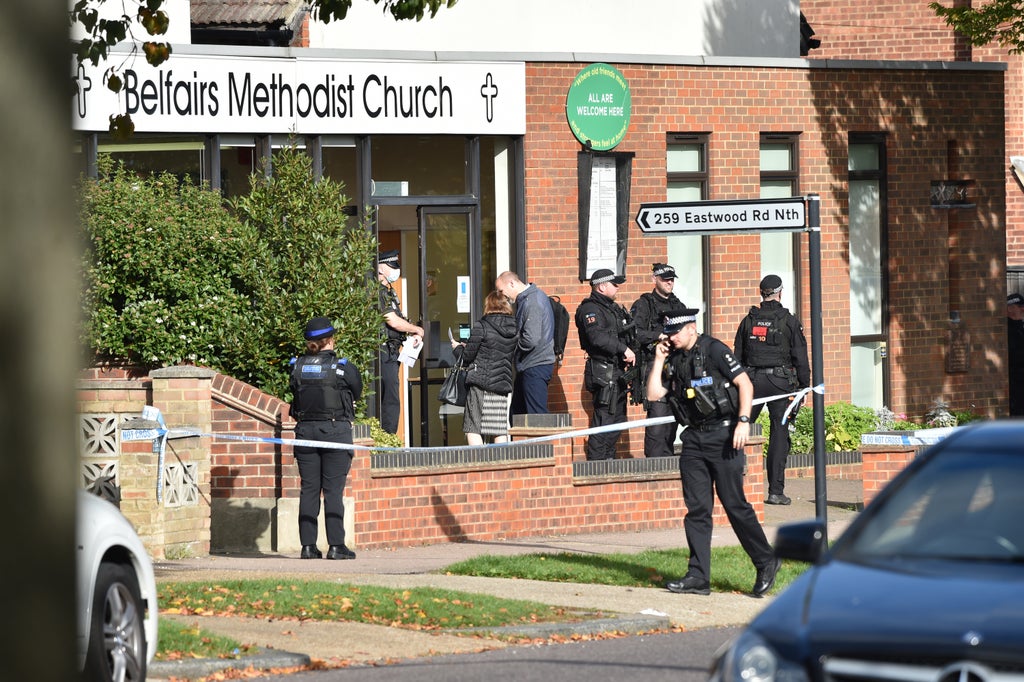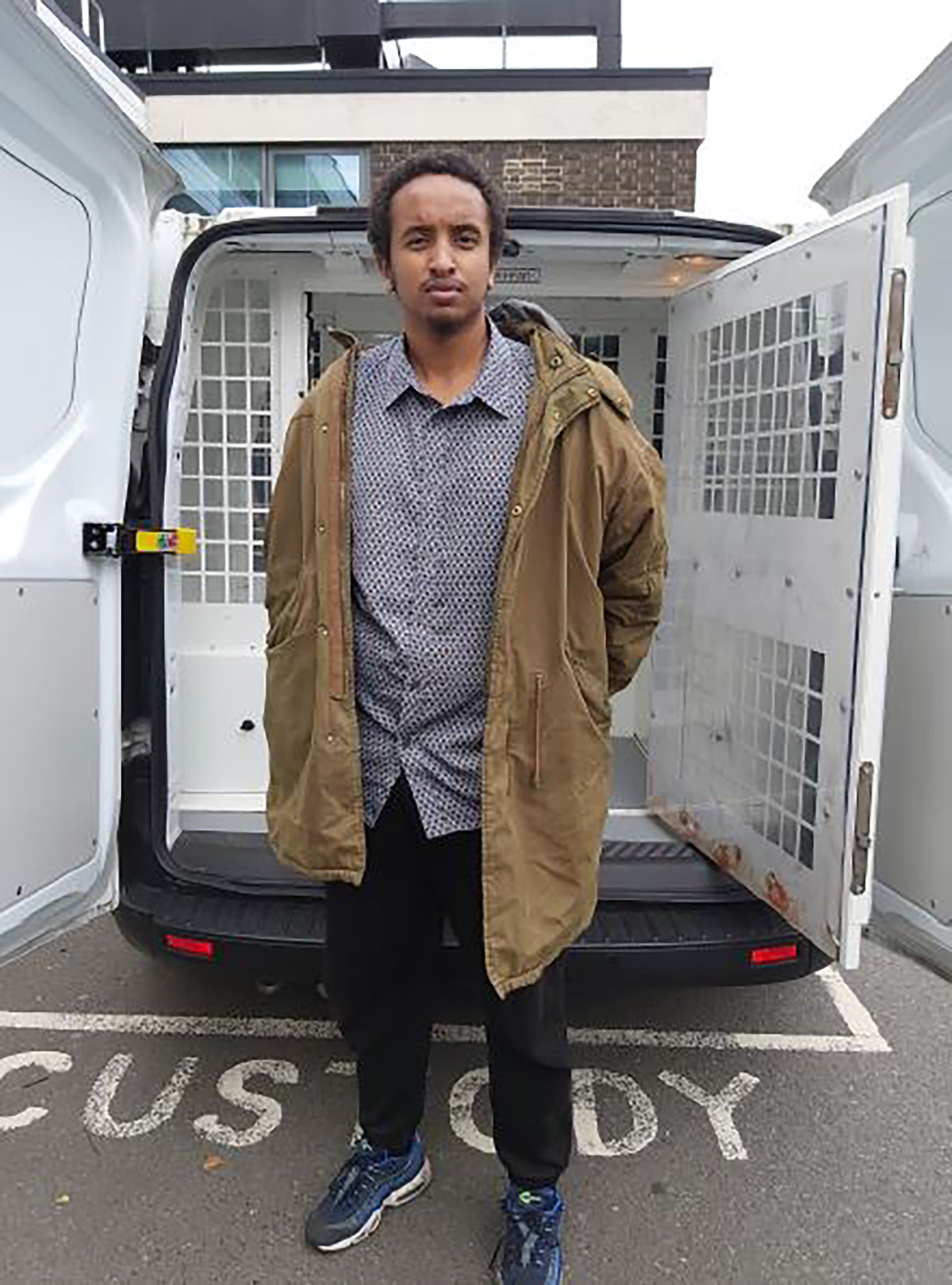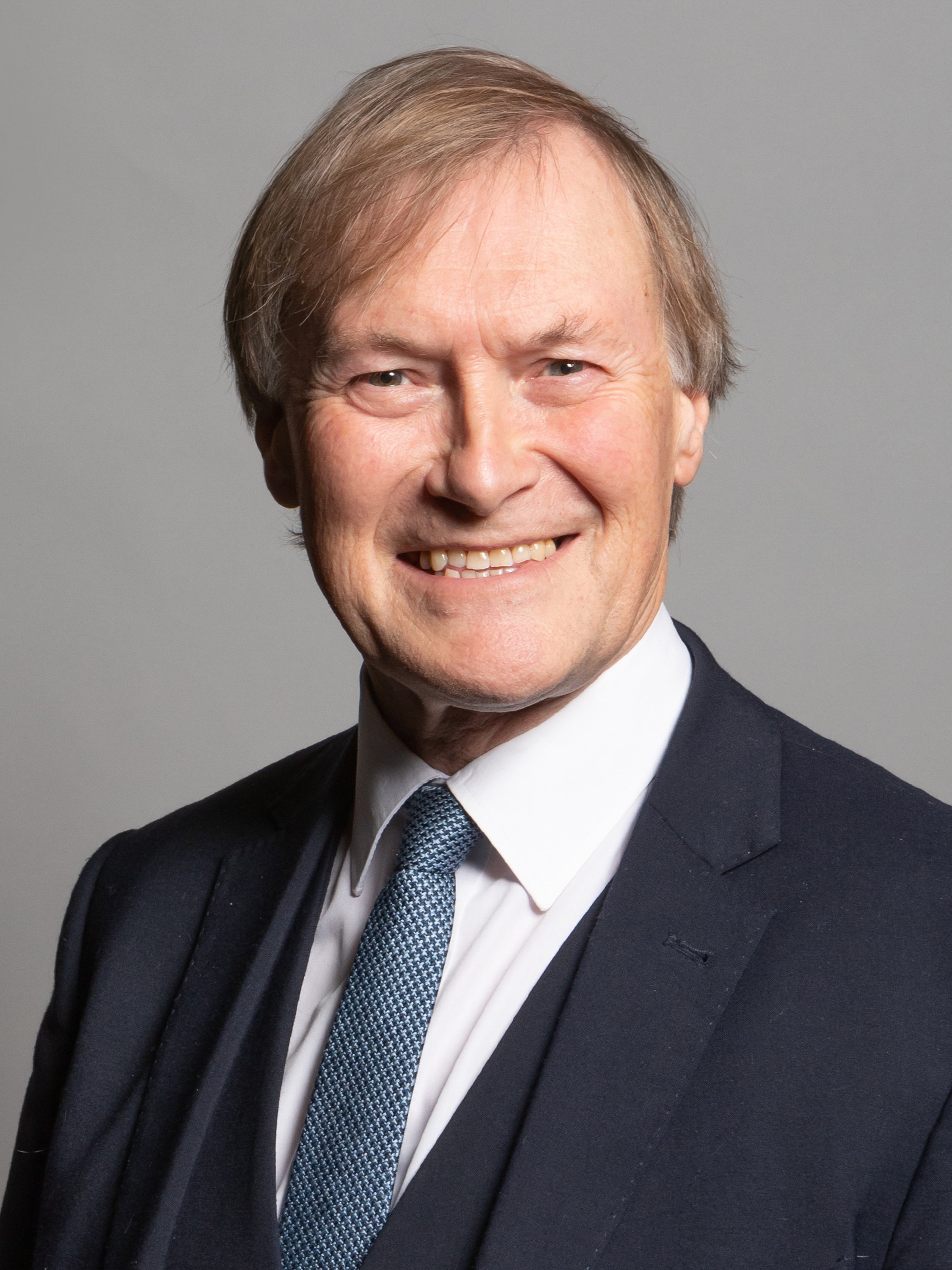
The Isis-supporting terrorist who killed Sir David Amess has been convicted of murdering the MP and plotting attacks on other politicians.
Ali Harbi Ali, 26, said he murdered the Conservative politician because he had voted for airstrikes against Isis in Syria and Iraq.
He had been plotting to murder an MP since May 2019, researching other potential targets including Michael Gove, Conservative Mike Freer and Labour leader Sir Keir Starmer.
A jury convicted Ali of murder and preparing acts of terrorism after deliberating for just 20 minutes on Monday. Mr Justice Sweeney said he would be sentenced at the Old Bailey on Wednesday.
Following the verdict, the prime minister said: “Sir David Amess was a beloved colleague, public servant and friend who championed the city of Southend in everything he did.
“My thoughts today remain with [his wife] Julia, the Amess family and all those who knew and loved him.”
The court heard that Ali had falsely posed as a resident of Sir David’s constituency in Southend-on-Sea in order to secure an appointment at a surgery on 15 October.
Ali sent off a lengthy WhatsApp message to his contacts, claiming he had committed an attack to “take revenge” for those killed in airstrikes on Isis-held territories.
Noting him fiddling with his phone, Sir David asked whether he was recording the meeting, but Ali said he was not and started talking to him about politics and then the Iraq war.
He launched his knife attack as his phone started ringing, stabbing the father-of-five more than 20 times and then preventing bystanders from going to his aid.
Ali told police that the murder was a terror attack, adding: “I went into an MP’s surgery and I killed him, with the idea of vengeance.”
The defendant later denied charges of murder and preparing acts of terrorism, forcing a trial at the Old Bailey that was delayed after jurors and the judge caught Covid.
Ali showed no remorse and told the court he regretted “nothing” while giving evidence, adding: “I wouldn’t use the word shameless but I don’t feel any shame.”
He told police that he had “self-radicalised” in around 2014, and abandoned his ambitions to become a doctor after becoming obsessed with the Syrian civil war and Isis.

Prosecutor Tom Little QC described him as “cool, calm and collected” and said he had maintained the “same grin” described vividly by witnesses on the day of the murder in the witness box.
“He was smiling and almost enjoying reliving and explaining what he intended to do and what he had done – revelling in his terrorist acts,” he added.
Mr Little said the murder had been carried out “because of a warped and twisted and violent ideology”, and that Sir David was “simply doing his job helping members of the public” when he was viciously killed.
The court heard that Ali had brought the knife used five years before the killing, when the would-be terrorist had already decided that if he could not join Isis in Syria, he would carry out an attack in the UK.
From at least May 2019 he researched and planned potential attacks on MPs, focusing for a time on Michael Gove, researching his home and drawing up a “plans” document about how he could catch the minister unawares.
Ali dropped that plan after discovering Mr Gove had moved house following his divorce, but also lurked outside a constituency surgery held in London by Conservative MP Mike Freer.
Evidence showed that Ali had carried out at least seven reconnaissance trips to the Houses of Parliament, but he told police he abandoned the idea of attempting an attack there because the building was guarded by officers “armed to the teeth”.

The court heard that he found the details of Sir David’s constituency surgery on Twitter and decided to travel there from his home in Kentish Town, north London.
“I want him dead,” a witness heard him say at the scene of the murder. “I want every parliament minister who signed up for the bombing of Syria who agreed to the Iraqi war to die.”
While giving evidence at his trial, Ali said that he believed Sir David deserved to die and did not regret his actions.
He said he wanted to influence other MPs who had backed the same votes for airstrikes in Iraq and Syria, which took place in 2014 and 2015, and attempted to argue that he was defending the global community of Muslims.
Mr Justice Sweeney gave legal directions to the jury saying that Ali had no lawful defence of either “self-defence, lawful defence of another or lawful prevention of crime”.
Detective Chief Superintendent Dominic Murphy, of the Metropolitan Police Counter Terrorism Command, described Sir David as a “dedicated public servant who was greatly respected and admired by everyone in his local community, and amongst his peers”.
“His senseless murder shocked and appalled the nation,” he added.
“Sir David’s family have been left utterly devastated, but they have shown remarkable courage and dignity throughout the investigation and this trial.”
Det Ch Supt Murphy hailed the bravery of the unarmed Essex Police officers who confronted Ali and bystanders who tried to help Sir David.







